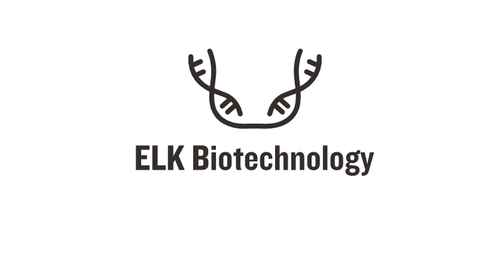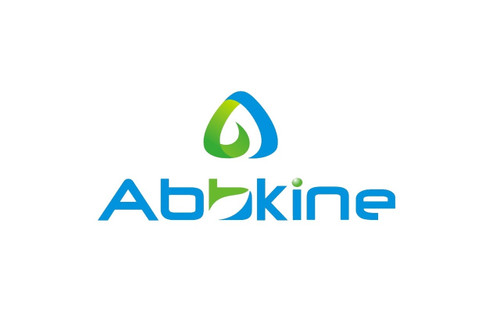Product Description
Human Sorcin (SRI) ELISA Kit | AE15190HU | Abebio
Species Reactivity: Human (Homo sapiens)
Abbreviation: SRI
Alternative Name: FLJ26259; SCN; H_RG167B05.1|calcium binding protein amplified in mutlidrug-resistant cells
Application: ELISA
Range: 0.312-20 ng/mL
Sensitivity: 0.119 ng/mL
Intra-Assay: ≤4.5%
Inter-Assay: ≤7.0%
Recovery: 1, 03
Sample Type: Serum, Plasma, Other biological fluids
Detection Method: Sandwich
Analysis Method : Quantitive
Test Principale: This assay employs a two-site sandwich ELISA to quantitate SRI in samples. An antibody specific for SRI has been pre-coated onto a microplate. Standards and samples are pipetted into the wells and anySRI present is bound by the immobilized antibody. After removing any unbound substances, a biotin-conjugated antibody specific for SRI is added to the wells. After washing, Streptavidin conjugated Horseradish Peroxidase (HRP) is added to the wells. Following a wash to remove any unbound avidin-enzyme reagent, a substrate solution is added to the wells and color develops in proportion to the amount of SRI bound in the initial step. The color development is stopped and the intensity of the color is measured.
Product Overview: The 22-kD sorcin protein was overexpressed in HOB1/VCR-1.0 cells, a multidrug-resistant human B immunoblastic lymphoma cell line. By PCR with primers based on the sequence of hamster sorcin, the authors recovered a partial human sorcin cDNA. Using the partial cDNA to screen a HOB1/VCR-1.0 library, they isolated cDNAs corresponding to the entire sorcin coding region. The predicted 198-amino acid human protein shares 95% sequence identity with hamster sorcin. Human sorcin contains 4 EF-hand calcium-binding motifs. Purified protein bound calcium in vitro. Southern and Northern blot analysis revealed that the sorcin gene is amplified and overexpressed in HOB1/VCR-1.0 cells. No expression was detected in parental HOB1 cells.
Stability: The stability of ELISA kit is determined by the loss rate of activity. The loss rate of this kit is less than 5% within the expiration date under appropriate storage condition. The loss rate was determined by accelerated thermal degradation test. Keep the kit at 37°C for 4 and 7 days, and compare O.D.values of the kit kept at 37°C with that of at recommended temperature. (referring from China Biological Products Standard, which was calculated by the Arrhenius equation. For ELISA kit, 4 days storage at 37°C can be considered as 6 months at 2 - 8°C, which means 7 days at 37°C equaling 12 months at 2 - 8°C) .
 Euro
Euro
 USD
USD
 British Pound
British Pound
 NULL
NULL








